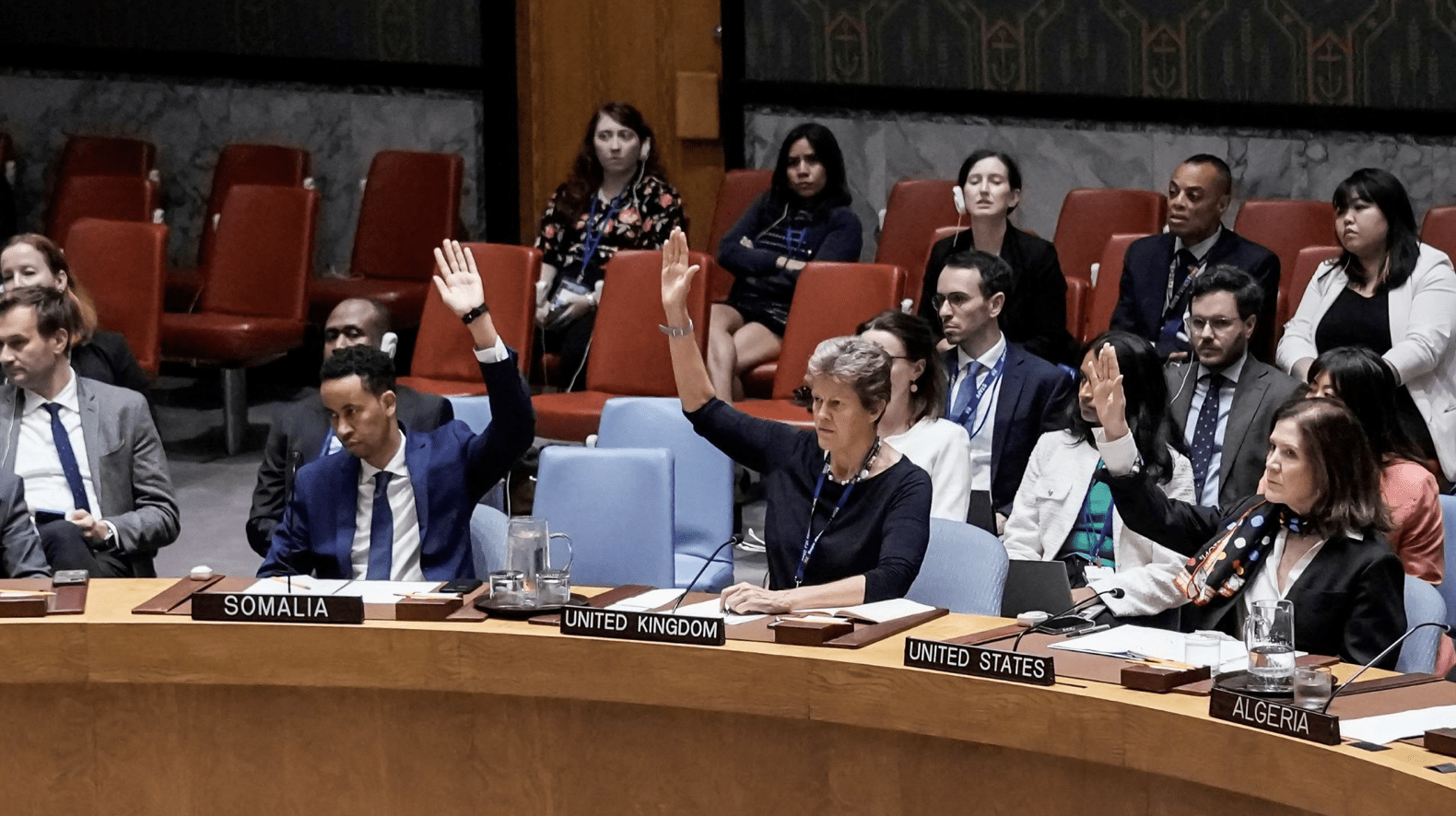UN sanctions reimposed on Iran after nuclear talks collapse

The United Nations Security Council On September 27th decided to reimpose sanctions on Iran after talks on the country’s nuclear activities collapsed earlier this year in June.
According to France 24 via AFP on September 28th, Iran reacted by calling the situation “unjustifiable” after Germany, France and the UK triggered the “snapback” mechanism included in the 2015 nuclear agreement to reactivate the sanctions. This marks 10 years since they were lifted in a historic nuclear deal.
Iran’s allies, Russia and China, suggested postponing the sanctions until April 2026. However, despite the 11th-hour effort, they didn’t gather the required votes for the postponement.

Iran’s Foreign Ministry declared “the reactivation of annulled resolutions is legally baseless and unjustifiable” and called on nations to not accept this “illegal” decision. It also added that to protect the country’s sovereignty and interests, an appropriate and firm response will follow from any action that attempts to “undermine the rights and interests of its people”.
Germany’s Foreign Minister Johann Wadephul said that they had no choice but to reinstate the sanctions. The move came after nuclear talks with Germany, France, the UK and Iran started on July 25th in Istanbul. However, after seeing that the Islamic Republic wasn’t meeting its 2015 nuclear accords obligations, the three European nations had warned Iran that they were ready to work towards reimposing sanctions if the country didn’t meet its obligations before the end of August.
At the UN General Assembly, Wadephul stated that “Iran must never acquire a nuclear weapon” and that the three nations remained open to negotiations on a new agreement. Kaja Kallas, the European Union’s top diplomat, stated this situation must not mark the end of diplomacy.
Russia’s reaction contrasted with the European nations’ approach, as the country did not enforce the sanctions.
But the move from Western Europe is a culmination of friction that started in June 2025, when tensions escalated between Iran and Israel and the International Atomic Energy Agency (IAEA) organised a Board of Governors meeting which took place on June 9th to discuss Iran’s “less than satisfactory” cooperation with the agency, as they had found evidence of nuclear material in undeclared areas.
The US and the Islamic Republic had been in tense talks that were halted over the US’s condition that Iran could not enrich uranium on its soil. US President Donald Trump even stated that if the negotiations didn’t come to fruition, they would consider bombing Iran’s nuclear facilities.
After the IAEA declared Iran was uncooperative, Israel struck the nuclear sites of the Islamic Republic. The bombing of the facilities within the 12-day air war that saw both countries striking each other in several strategic areas saw Trump intervening by helping Israel, by attacking three Iranian nuclear sites.
The US ultimately announced a ceasefire between Israel and Iran to avoid any further escalation and additional damage in the region.
On July 3rd, Iran’s Foreign Minister, Abbas Araghchi, had reaffirmed Iran’s commitment to the Nuclear Non-Proliferation Treaty. But Araghchi has also hoped that his country would resume uranium enrichment soon after the severe damages caused by Israeli strikes. This shows the country’s new commitment to continue its nuclear programme while still cooperating with the UN nuclear watchdog.
While diplomatic solutions remain unpredictable for now, the ones suffering from all of this are the Iranians who are already facing an economic crisis and a plummeting currency. The current economic situation is already hard, but they fear it will only get worse with these new sanctions.
France 24 via AFP, Maghrebi.org
Want to chase the pulse of North Africa?
Subscribe to receive our FREE weekly PDF magazine














